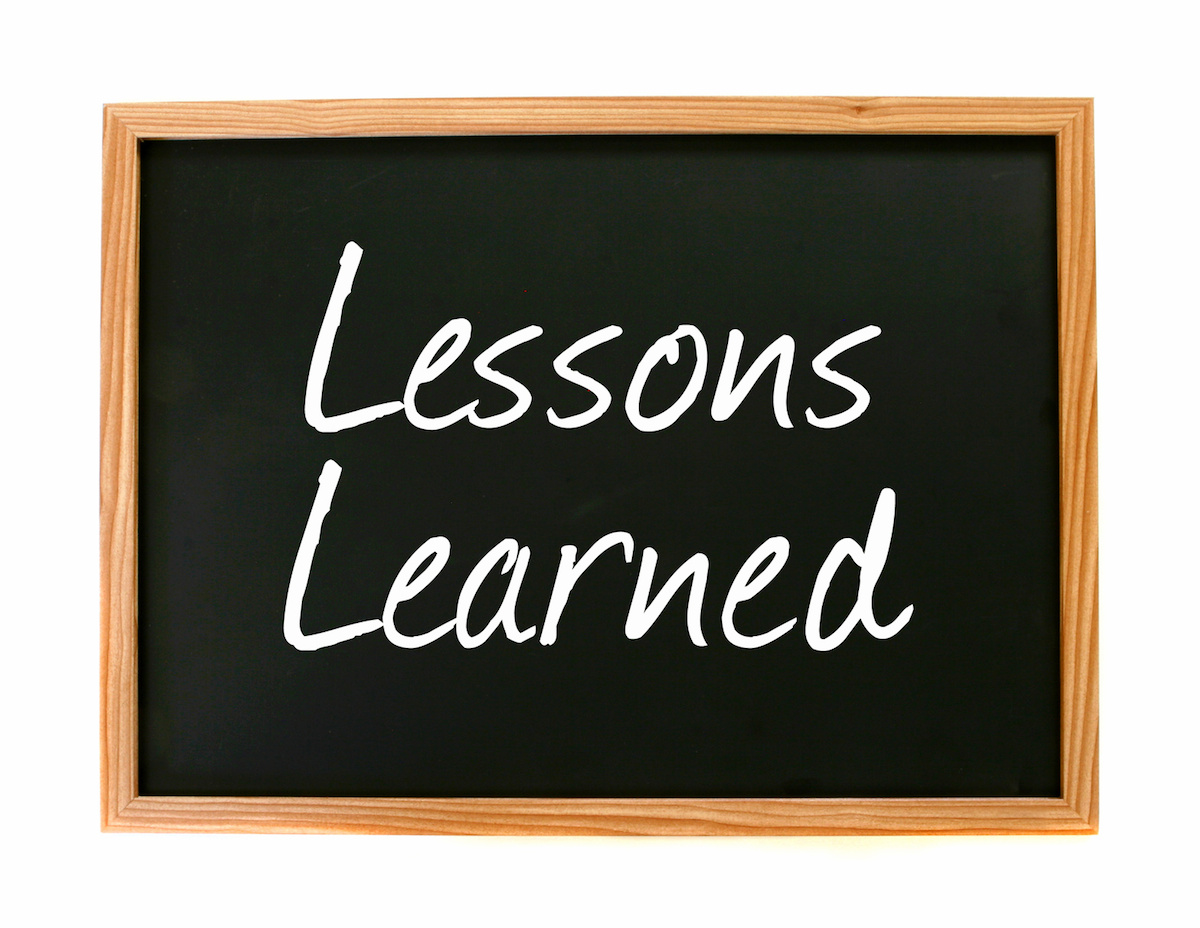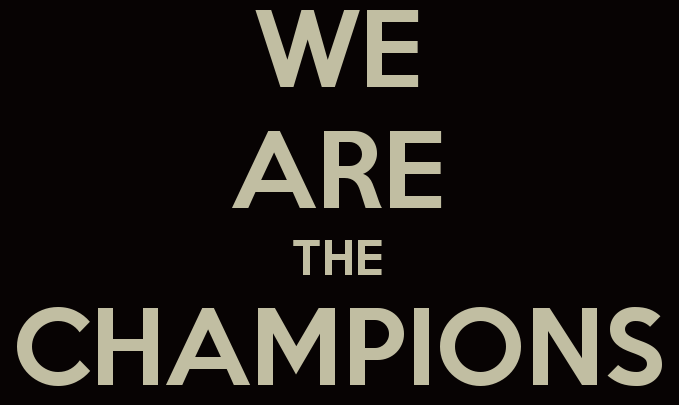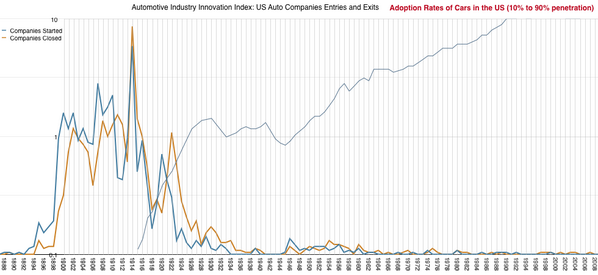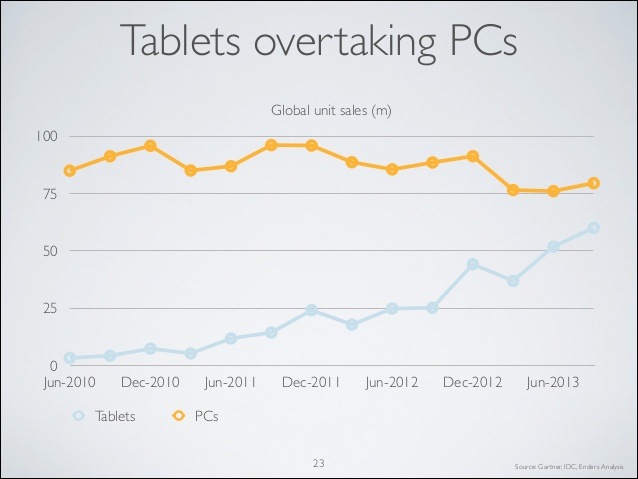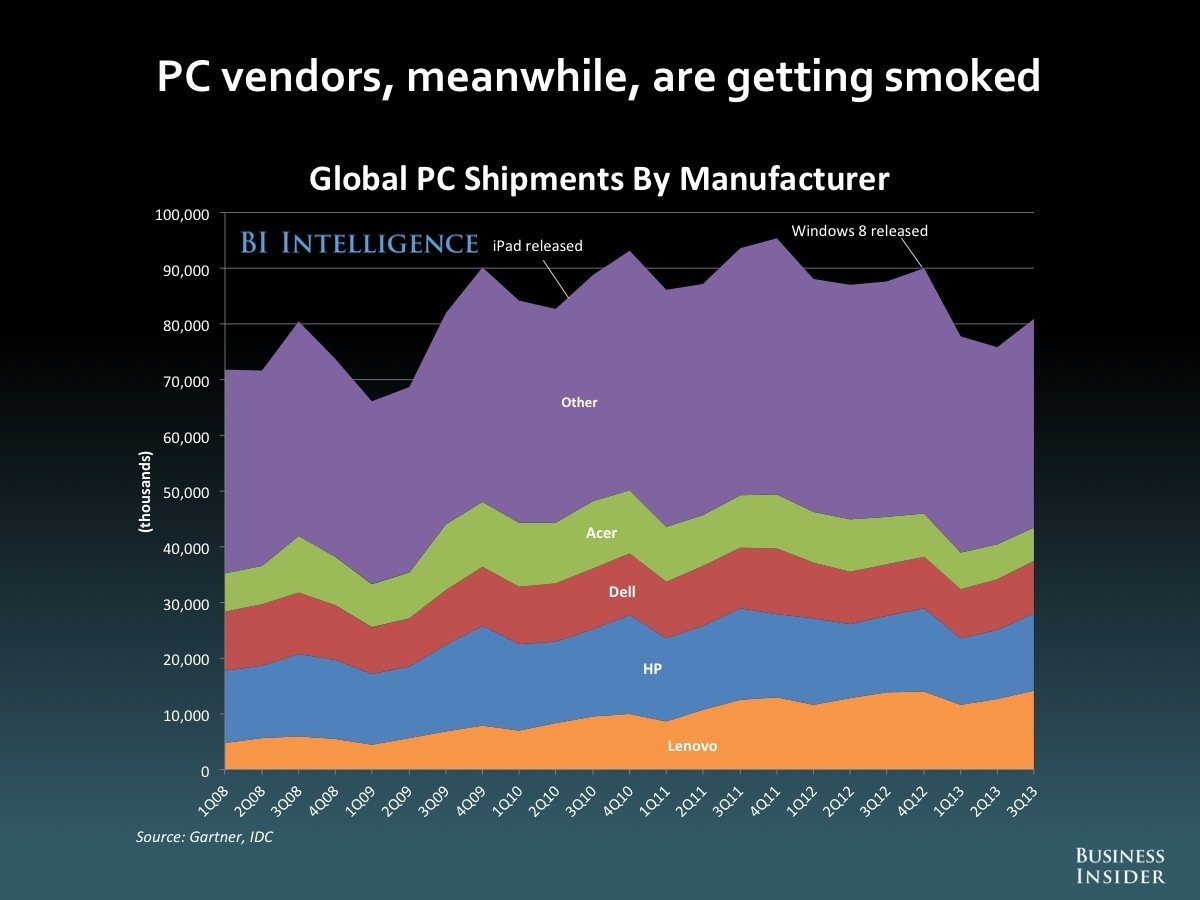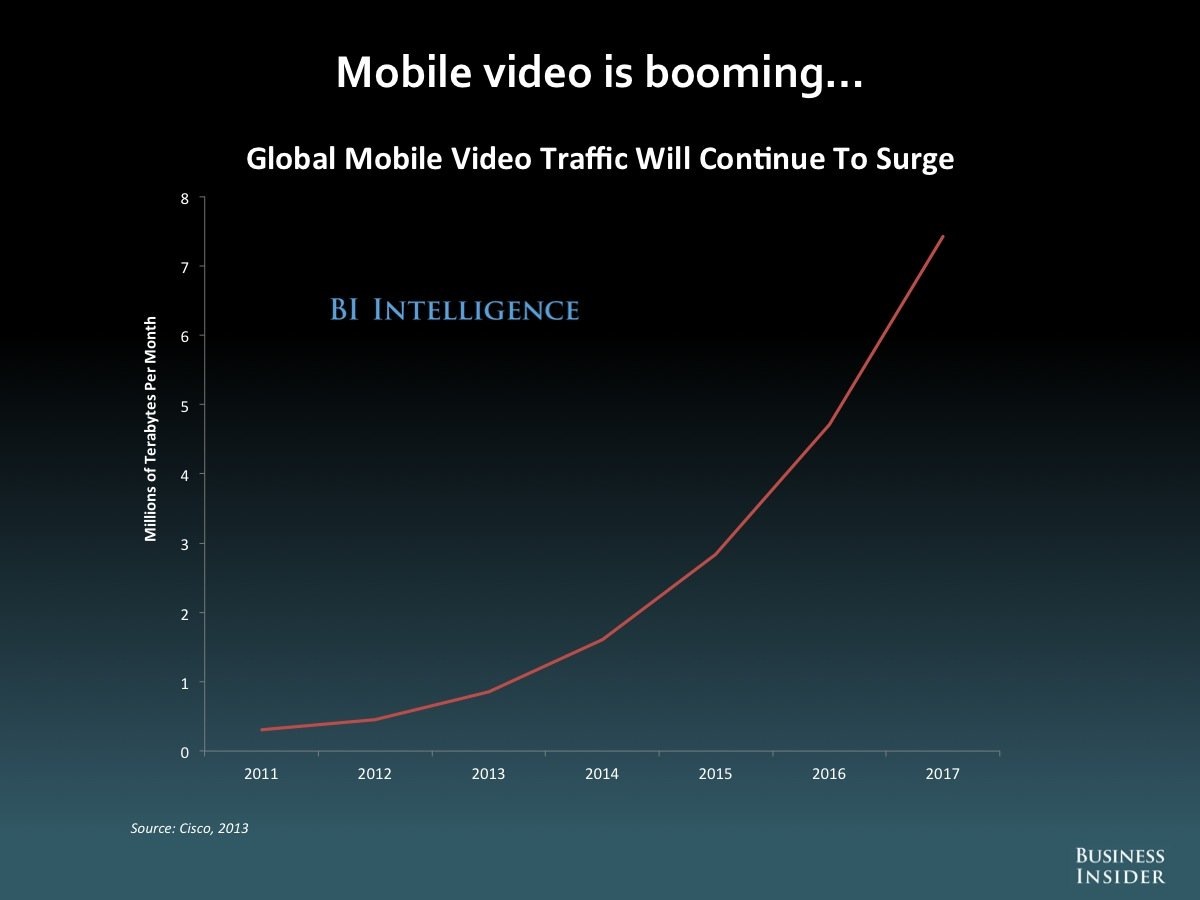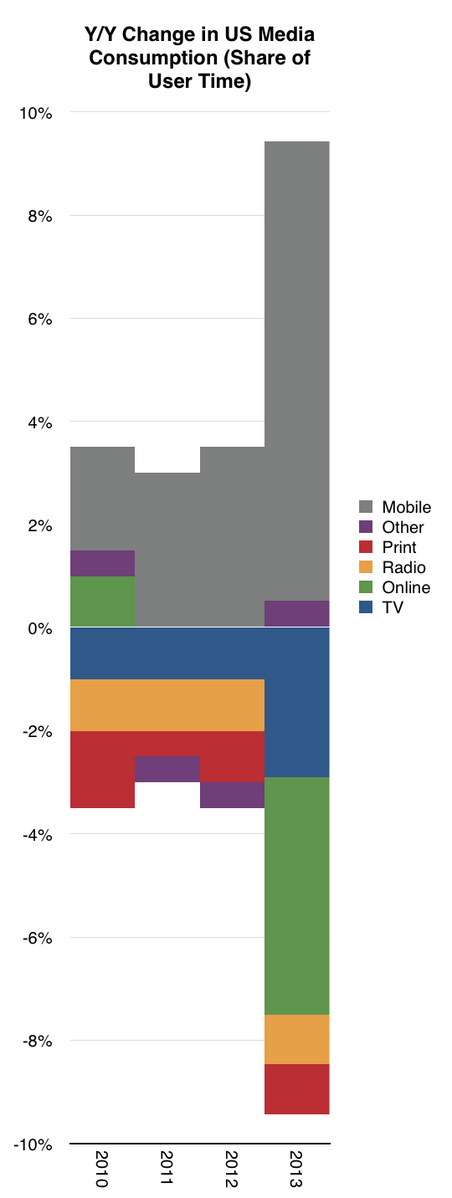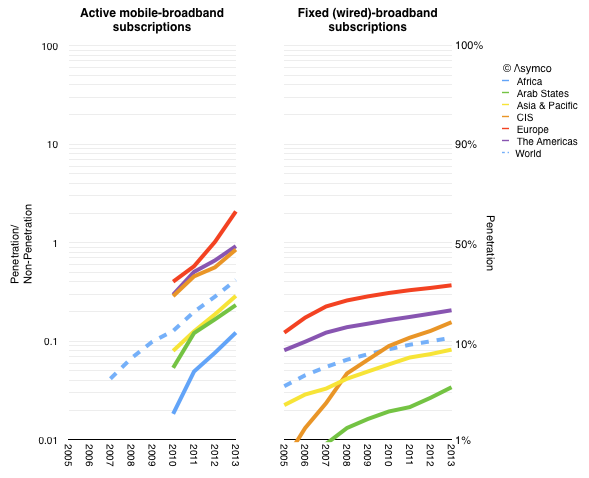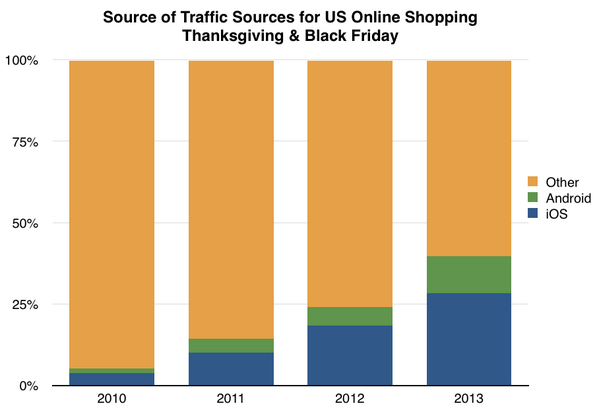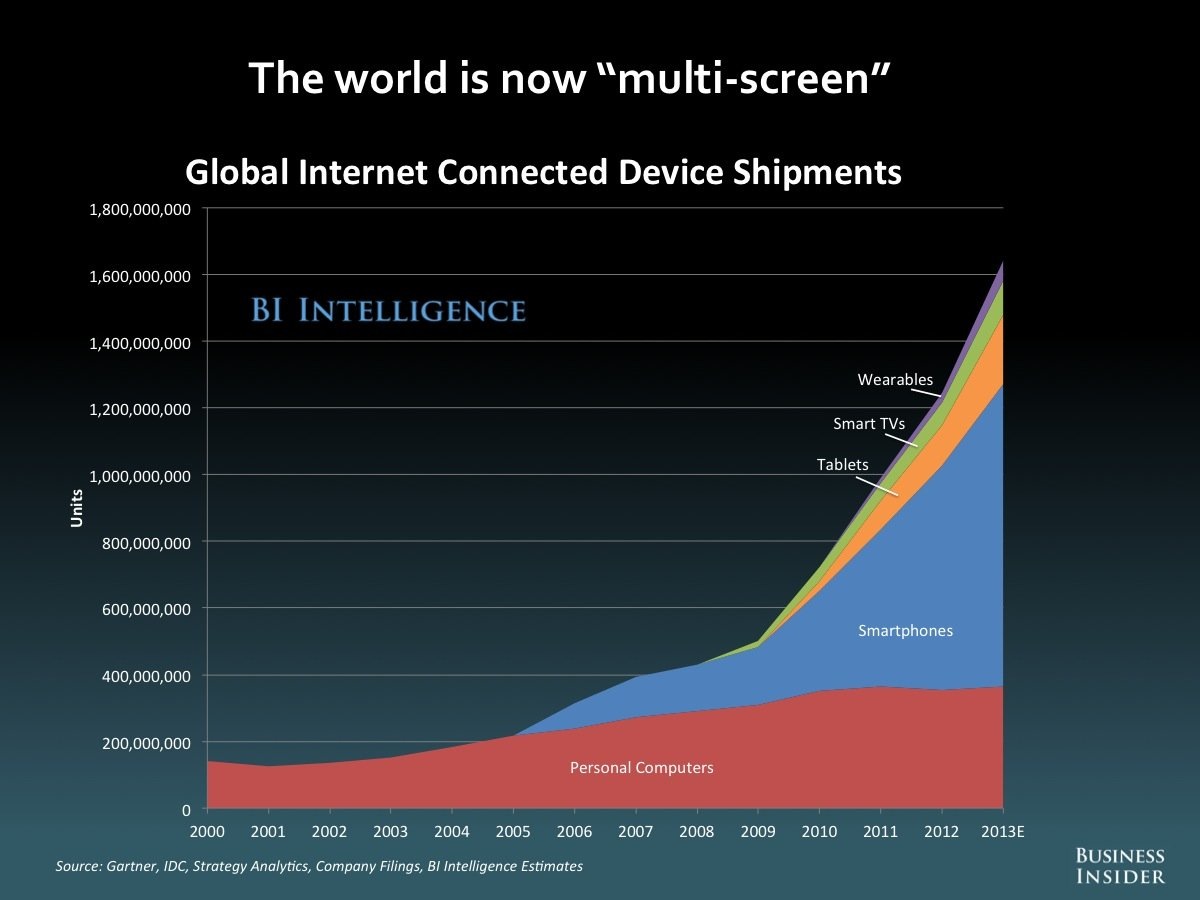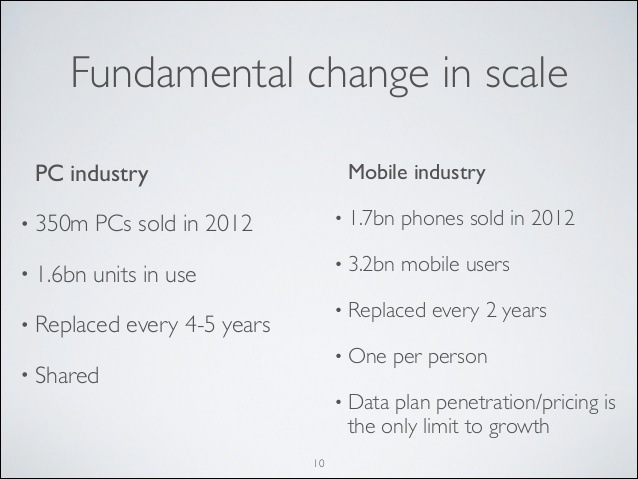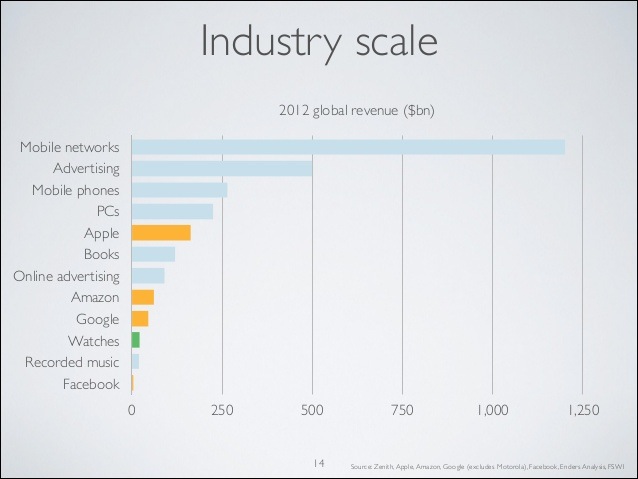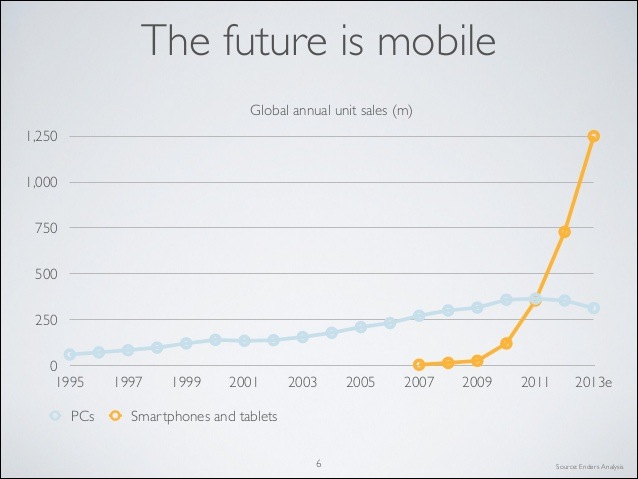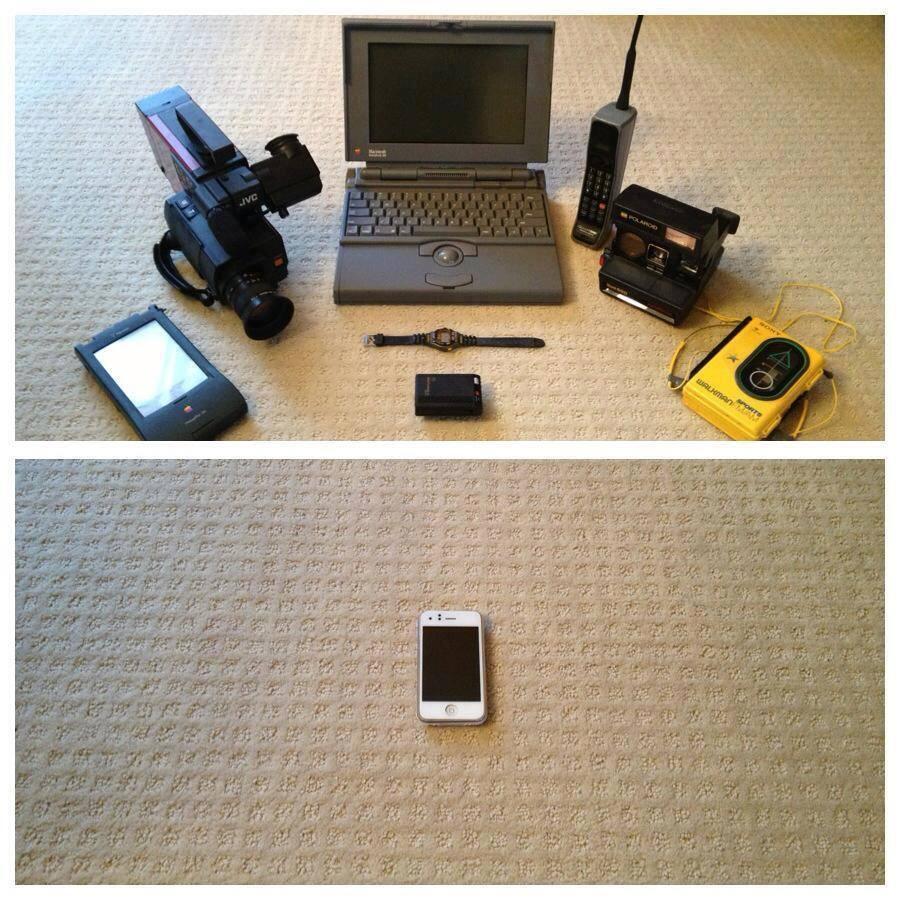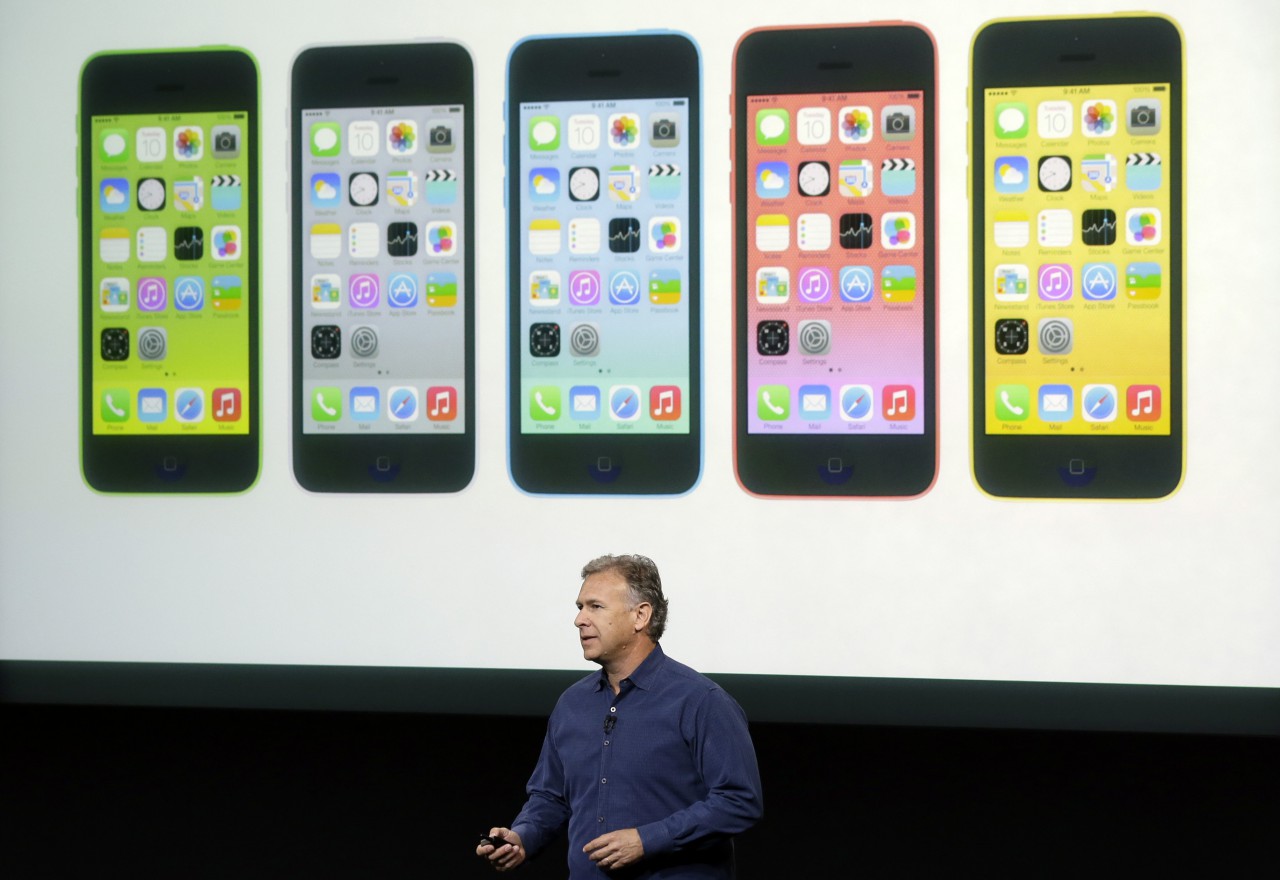[pullquote]The man with a new idea is a Crank until the idea succeeds ~ Mark Twain[/pullquote]
I tripped across a January 2010 article that absolutely skewered the introduction of the iPad, and it was just too, too, delicious for me not to stop and partake of its bittersweet irony. As my holiday gift, I wish to share my discovery with you. But rather than spend our time gleefully binging on the folly of others (and pretending that we, ourselves, knew all along of the iPad’s impending success), I think that we’d be better served by biting off small, discrete pieces of the article, and slowly chewing upon them, so that we might savor the lessons learned — and unlearned — and profit from the mistakes of others (since we, ourselves, so seldom profit from our own mistakes).
And so I present to you — in all its pristine glory — but smothered with a thick, syrupy coating of 20/20 hindsight: Apple iPad: bashed by bloggers around the web.
The iPad turned out to be, at bottom, an iPod Touch with a big screen.
Very true. Or maybe not true at all. Depends on how you look at it.
[pullquote]Products evolve based on assumptions that eventually become outdated. This is every incumbent’s weakness and every startup’s opportunity. ~ Aaron Levie (@levie)[/pullquote]
LESSON #1: Size Matters
No matter what the tech pundits (or the ladies) say, size really does matter. The iPad IS just a big, big iPod Touch — but it turns out that bigger is — perhaps unsurprisingly — a very big deal indeed. As anyone who has used a tablet will tell you, the user experience on the bigger screen of a tablet is totally different than the user experience on the smaller, phone-sized screen.
Who knew? No one, it seems, but Apple.
I think we can cut ourselves some slack here and forgive ourselves for missing this one. In hindsight, the importance of the larger screen size was a subtle lesson indeed. For example, there’s a big difference between a 13-inch notebook and a 27-inch desktop screen but, with few exceptions, developers don’t write software optimized for each screen size. However, that’s exactly what developers do for the phone and the tablet. The iPad has almost a half-a-million iPad-optimized apps and that optimization has made all the difference between the iPad being a wonderful addition to our stable of computing devices as opposed to having it relegated to the dreaded status of being “just” being an oversized iPod Touch.
(The iPad) failed to offer a magical new 3D interface, or an OLED screen, or a built-in projector, or any other revolutionary features.
[pullquote]If you’re willing to fail interestingly, you tend to succeed interestingly. ~ Edward Albee[/pullquote]
LESSON #2: Typing On Glass Is A Feature, Not A Drawback
This lesson certainly came as a surprise to me. Unlike many others, I immediately saw the advantage of eliminating the keyboard and adding in all that newly available screen real estate to the computing experience. However, I thought that the key to the iPad would be the addition of some sort revolutionary new way of inputing text. I was right in theory but completely wrong-headed in practice. I was thinking of a new type of virtual keypad or some kind of voice input. Apple was thinking of typing on a virtual keyboard. “Ugh,” I — and about a million others — thought, in unison.
One thing I didn’t know at the time was that even a slow typer can input text on a virtual keyboard much faster than they can write by hand either in cursive of in block. Why didn’t we know this? It seems so obvious in hindsight. Talk about thinking inside the box.
The other thing we didn’t know — and I guess we can be forgiven for missing this one too — was that the vast majority of users would come to gladly accept the disadvantages associated with not having a tactile keyboard in exchange for the far greater advantage of having a larger, more usable, screen layout.
Indeed, (the iPad) doesn’t even have basic features such as a webcam, microphone, USB port, SD card slot, HDMI port,…standard mobile phone SIM slot (no support for Flash, no multitasking, no networking [printing and file sharing], little storage space, no CD/DVD drive, no stylus, no keyboard.)
I think there’s (at least) two lessons to be learned here — let’s call them two sides of the same coin.
[pullquote] It is better to be hated for what you are than to be loved for what you are not. ~ Andre Gide[/pullquote]
LESSON #3: Distinguish Between The Essential And The Incidental
What’s truly amazing about the items on the list, above, are the many, many things that STILL haven’t been glommed onto the latest iteration of the iPad (USB, SD card, HDMI port, Flash, networking, CD/DVD, stylus, and, of course, tactile keyboards). Yet, somehow, someway, the iPad just keeps on rolling along. If all — or even any — of the things listed above are “basic”, then how can that possibly be?
Well, of course, it turns out that NONE those things, are “basics,” at all. Some of the things on the original list (like a camera) were nice, inessentials, that were added later, but none of them were essential to what made a tablet a tablet.
On Tuesday I wrote an Insider piece on Aristotle’s distinction between the essential and the accidental, and how that applied to Tablets. If you’re a subscriber, you can read it HERE.
The key takeaway is that some things make us what we are and other things simply adorn us. My car has a radio and an air conditioner and I surely wouldn’t buy a car that didn’t have either of those things. But the owner of a Model-T would have.
Radios and air conditioners are not the “essence” of a car. They’re adornments. Things like an engine and four wheels — now THEY’RE part of the essence of a car and the Model-T had all those things, and more.
Likewise, cameras, etc. may be extremely nice to have, but they’re adornments, not essentials. When we bought the Model-T of tablets, it had all the Tablet essentials, and more.
[pullquote]A keyboard case seems to enhance the typing use case of the iPad at the cost of basically ruining every other use case. ~ Fraser Speirs (@fraserspeirs)[/pullquote]
LESSON #4: Compare A Tool To The Job It Is Being Asked To Do
The all-too-common mistake we make is to compare one thing to another; to look at what it has not; to deem it inferior, without having first bothered to ascertain what job it is being asked to do.
For example, a horse makes for a lousy cow. But if you’re a Pony Express rider, rather than a dairy farmer, you’d much rather have the speedy horse than the milk-producing cow.
Further, the very same feature that makes a tool useful for one task can actually be quite detrimental when the tool is applied to another task. Udders and speed are quite useful, in their place, but neither large udders on a horse nor great speed on a cow are considered to be desirable traits.
Similarly, while multiple ports, Flash and multi-tasking may — like udders — be eminently practical and useful additions needed to milk the best computing experience from our notebook and desktop machines, they may also be udderly useless when one’s ‘express’ goal is to ‘horse’ around with their mobile computer with the expectation that they can ‘ride’ their battery on a single ‘charge’, all the live long day.
[pullquote] Analysts are the jesters of the corporate court. ~ Horace Dediu @asymco[/pullquote]
No Flash means no Farmville or similar Facebook games.
Oh…my…god…
There’s probably a great lesson to be learned in there somewhere, but I’m laughing far too hard to discern it.
Gizmodo, the influential gadget blog, has a post – 8 Things That Suck About the iPad – that says No thanks! and gives the device the thumbs down.
Yeah, about that Gizmodo article. I tried to follow the link, but the article has been taken down. Now why do you suppose that is? Update:[Found the link to the Gizmodo article]
[pullquote]I am certain there is too much certainty in the world. ~ Michael Crichton[/pullquote]
LESSON #5: We Judge Too Quickly
This one simply isn’t going to change. To paraphrase Carrie Fisher, instant analysis takes too long ((Instant gratification takes too long. ~ Carrie Fisher)). We want our answers and we want them now, Now, NOW.
The problem, I think, is that one of the most intolerable things in life is uncertainly. We simply hate that feeling of not knowing. But if there’s one thing we know for sure, it’s that nothing we know is for sure. If you want to be smug, make snap judgments. If you want to be wise, learn to tolerate uncertainty.
One aspect of the iPad was that some saw it as Apple’s answer to the netbook – a cheap form factor that millions want but Apple won’t supply. CNet argued that the iPad wasn’t the answer, in 10 Things Netbooks still do better than an iPad.
[pullquote]There are no right answers to wrong questions. ~ Ursula K. Le Guin [/pullquote]
LESSON #6: Ask Better Questions
I’m guessing that if the iPad wasn’t the right answer, then CNet wasn’t asking the right question. Again, the iPad was definitely NOT a good Netbook. Then again, the Netbook was definitely not a good anything. So why compare the two?
As Horace Dediu and countless others have constantly reminded us, we should be comparing the tool to the job it is being hired to do, not comparing the tool to other tools that do other jobs.
In “The Case against the iPad,” Timothy B Lee wrote: “I’m not impressed. I’m a lifelong Mac fanboy, so I’m not averse to buying Apple stuff. But I don’t understand who this product is marketed for…
[pullquote]In these days, a man who says a thing cannot be done is quite apt to be interrupted by some idiot doing it. ~ Elbert Hubbard[/pullquote]
LESSON #7: Just Because We Don’t Understand It, Doesn’t Mean It Can’t Be Understood
We should never assume that our lack of understanding constitutes ignorance on the part of others. If we don’t understand it, then we need to learn more, not assume that other’s know less.
The iPad name also attracted derision…
Yeah, funny how all those “pad” jokes quickly faded away, right? The lesson here is that:
[pullquote]Suppose you were an idiot, and suppose you made puerile jokes about the iPad’s name; but I repeat myself. ((Inspired by Mark Twain))[/pullquote]
LESSON #8: Success Cures (Or Conceals) All Woes
The iPad was successful so the name is now acceptable. The Kin and Zune were flops so their names are derided and mocked. See how that works?
Silicon Alley Insider had so many negative posts that it headlined its link post Wow, Did Apple Just Blow It?
[pullquote] Any headline which ends in a question mark can be answered by the word no.[/pullquote]
LESSON #9: Betteridge’s Law Of Headlines Is A Really Useful Shortcut For Ending Nonsensical Discussions.
‘Nuff said.
Fake Steve Jobs (actually, Dan Lyons) summed it all up in his live-blog of the launch:
11:01– and i know what you’re thinking – we came up with a new device and all we could think to do with it is run the apps that run on your iphone, and have a clone of Kindle, and now run iWork apps? um, yes. that’s all we could come up with.
11:04– good lord, did i really say this is the most important thing i’ve ever done in my life?
Wow. Just wow.
[pullquote]Great spirits have always found violent opposition from mediocre minds. ~ Albert Einstein[/pullquote]
LESSON #10: Too Much Cynicism And Snark Can Ruin One’s Perspective
I readily acknowledge that Dan Lyons is a lot smarter than I am and a whole lot better writer than I will ever be. But man-oh-man. In his ever-more-desperate attempts to discredit and demean Apple and Steve Jobs, he’s lost his way and gone right off the rails.
Yes, Dan. The iPad may well have been the most important thing that Steve Jobs ever did. It was right there for you to grasp — and instead, you sneered.
“Finally, Apple went too far, and the emperor is totally naked for all of us to see. Ridiculous product. Absolutely completely ridiculous.” ~ Dave Winer
[pullquote]When expressing their opinions, people make two major blunders: never stopping to think and never thinking to stop. ~ Dr. Mardy’s Aphorisms[/pullquote]
LESSON #11: Putting Your Thoughts In Writing For All The World To See May Sometimes Be Both Inadvisable And Unwise
But not everyone took such a negative view. Some reckoned it really was a new type of device, and the Wall Street Journal’s Walt Mossberg argued that ultimately the iPad would be about the software and media, rather than the hardware.
Good for you, Mr. Mossberg! You stepped back from the trees and took a peek at the forrest instead. Well done.
[pullquote] There’s an explosion that’s starting to happen in what you call post-PC devices, right?…We’re getting to the point where everything’s a computer in a different form factor. ~ Steve Jobs[/pullquote]
After an attention-grabbing (but silly) headline — “The PC Officially Died Today” — Nicholas Carr claimed: “we’ve entered a new era of computing, in which media and software have merged in the Internet cloud”.
You know, in hindsight, that headline doesn’t look so silly after all. The PC didn’t die on that day in January 2010, but its reign as the primary computing device in our lives, did.
At The New York Times, David Pogue’s The Apple iPad: First Impressions said the iPad bashing “will last until the iPad actually goes on sale in April. Then, if history is any guide, Phase 3 will begin: positive reviews, people lining up to buy the thing, and the mysterious disappearance of the basher-bloggers.”
Wow. Kudos to Mr. Pogue. I think you got it about as right as right can be.
Maybe the iPad will find a market among marketing people, old people, parents…What (Apple’s fanboys are) really saying is that it’s the computer for idiots. I agree.
[pullquote]Without wisdom, knowledge is more stupid than ignorance.[/pullquote]
LESSON #12: Just Because Computing Is Getting Easier Does Not Mean That We Are Getting Dumber
You know, when I was a kid, my uncles were endlessly playing around with their cars. Today, almost nobody does that. The reliability of the modern car has improved dramatically. The average miles driven and time on the road for cars has doubled in the past 50 years. And guess what? Few people miss having to open the hood to check the spark plugs and tweak the engine every month. We don’t WANT to know anything about our cars. We just want to get in a vehicle that will take us to our destination in comfort and ease.
Same with computers. We’re not becoming stupider just because our cars and our computers are becoming smarter. We never wanted to work ON our cars or ON our computers in the fist place. The car and the computer are just tools to get us to where we want to go. They’re the means not the ends.
I’ll almost certainly buy (an iPad). But unless I’m missing something, I’ll still travel with the Asus that I’m typing this review on.
You’re missing something alright. A BIG something.
[pullquote]We’ve transitioned from using the computing device we hold dearest to us, to using the computing device we hold nearest to us.[/pullquote]
LESSON #13: We Live In A Multi-Device, Multi-Screen World
We used to argue over which ONE computer we would own. Now we, almost all of us, own a phone AND a tablet or notebook or desktop. Some of us own three or more different computing form factors.
Lessons Learned Or Unlearned?
Knowledge can be conveyed, but not wisdom. ~ Herman Hesse
So, has the unexpected success of the iPad truly taught us anything? Perhaps, perhaps not. It seems that some lessons have to be learned over and over again. But maybe I’m being overly pessimistic. Maybe this time, the lessons will take.
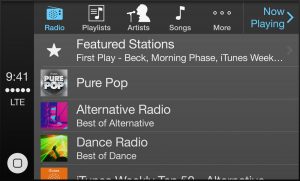
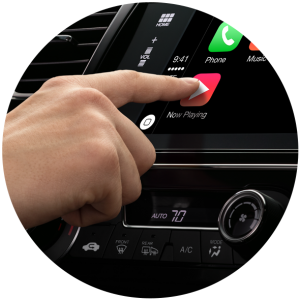
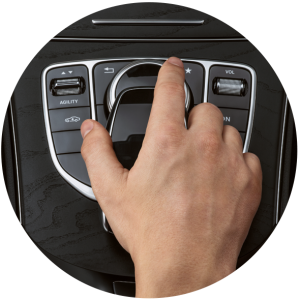
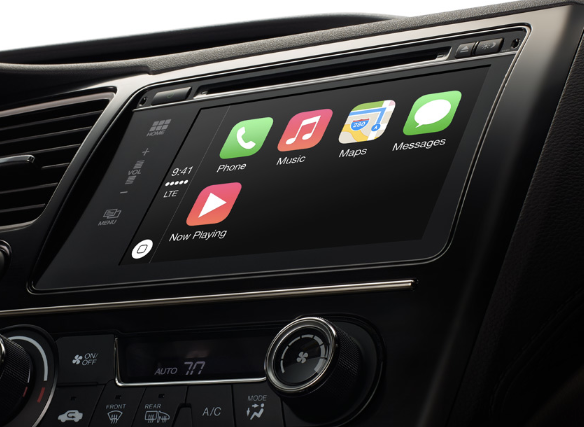

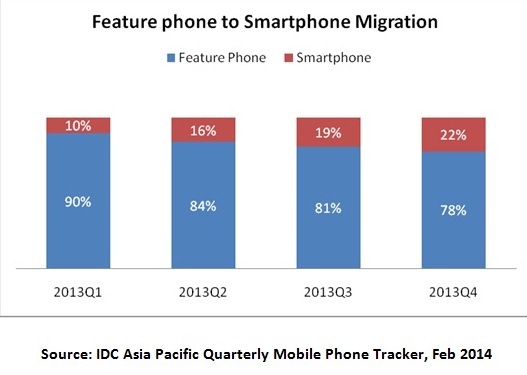



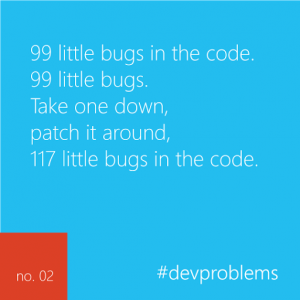 Anyone who follow Apple closely knows that they are a bundle of paradoxes. One of the most baffling of these is that Apple has literally tens of billions in excess cash but seems always to be chronically short of critical software engineers.
Anyone who follow Apple closely knows that they are a bundle of paradoxes. One of the most baffling of these is that Apple has literally tens of billions in excess cash but seems always to be chronically short of critical software engineers.

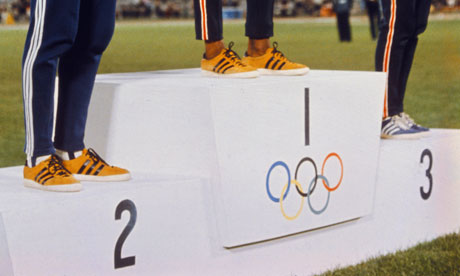
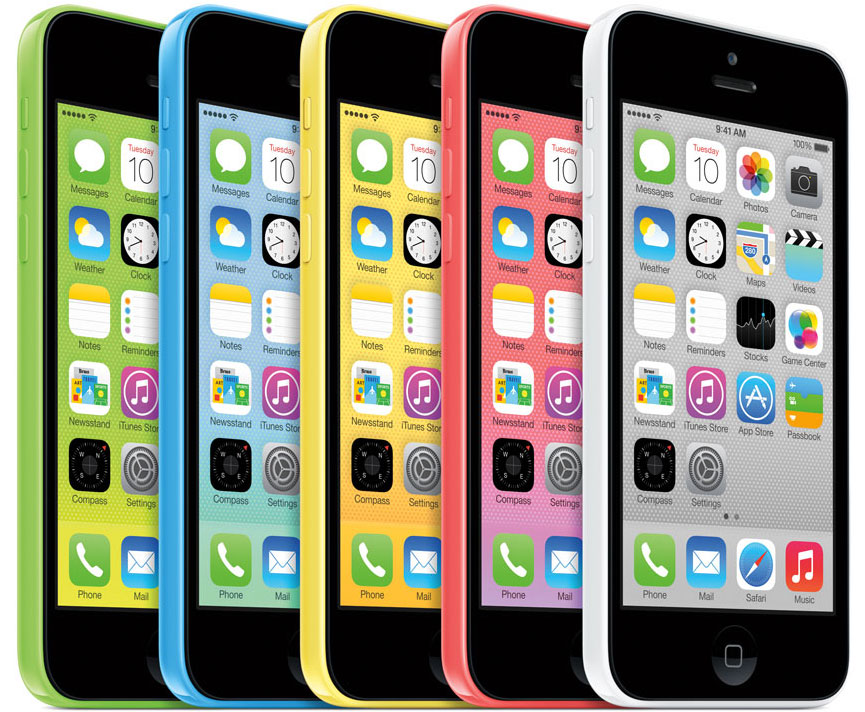

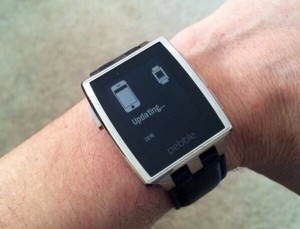 Apple DOES NOT have to do wearables to “survive.” And they most certainly do not have to chase the wearables market just because Samsung, Google and others have chosen to do so. Let me put it this way: Dogs chase cars but that doesn’t mean that they can drive them. Similarly, just because others are chasing the wearable market does not mean that they’ll be able to drive that market, even if they catch it.
Apple DOES NOT have to do wearables to “survive.” And they most certainly do not have to chase the wearables market just because Samsung, Google and others have chosen to do so. Let me put it this way: Dogs chase cars but that doesn’t mean that they can drive them. Similarly, just because others are chasing the wearable market does not mean that they’ll be able to drive that market, even if they catch it.
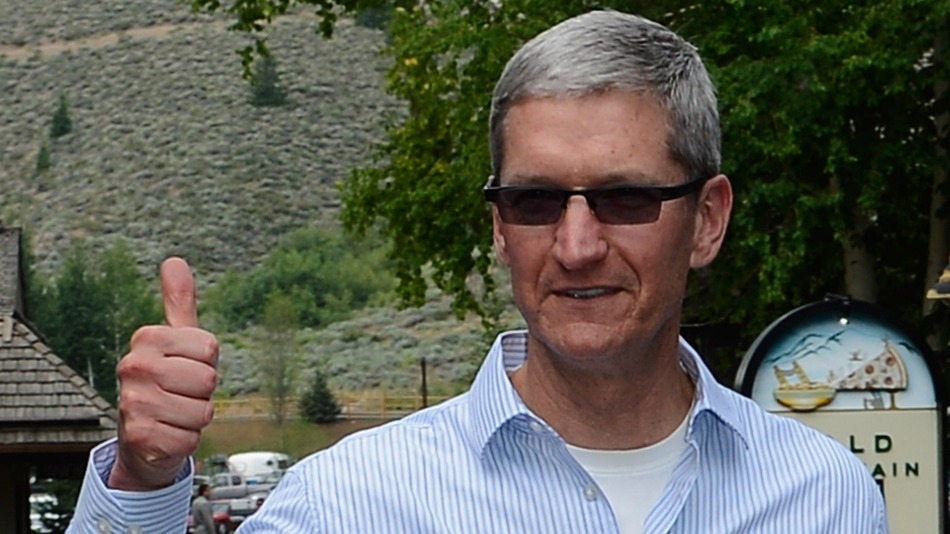
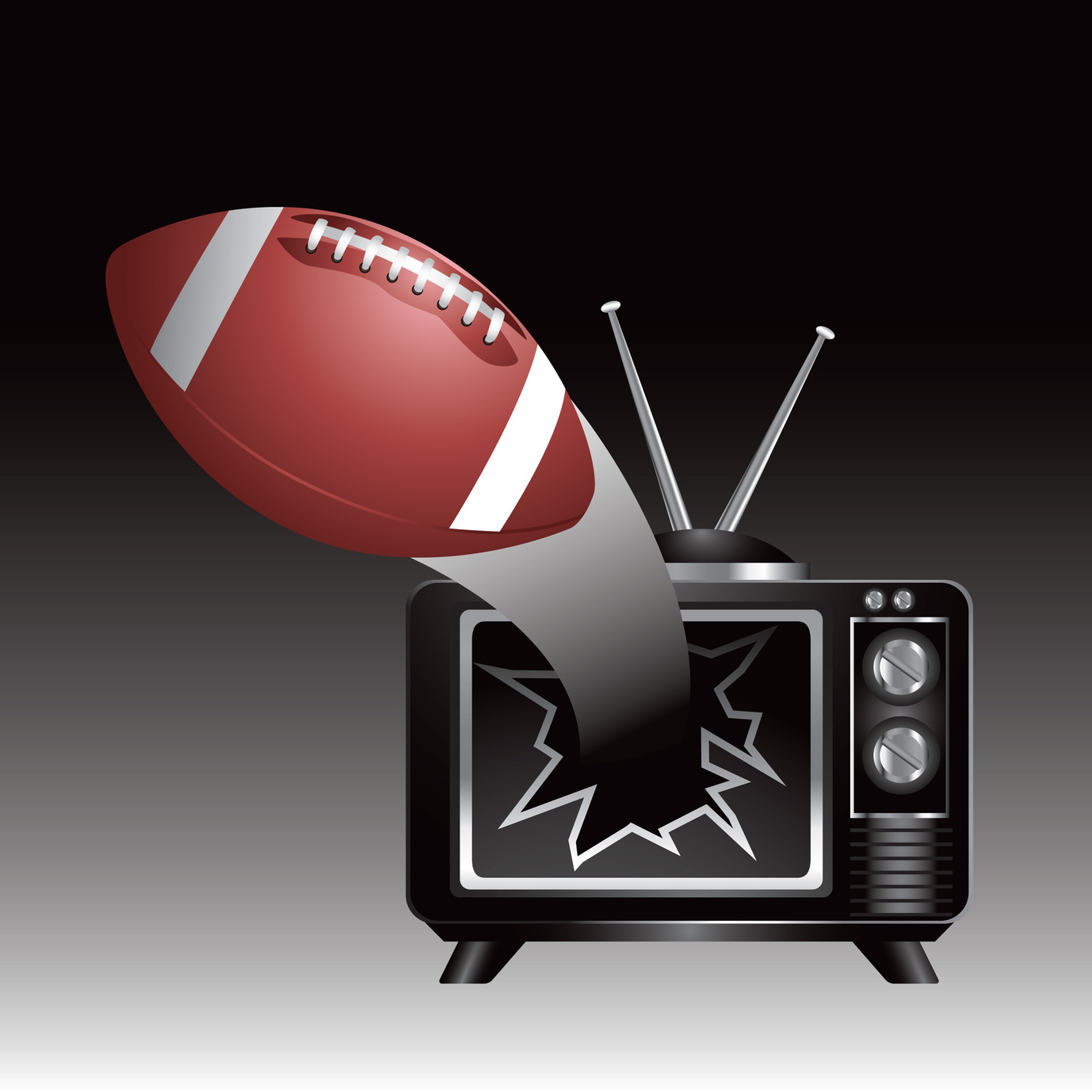

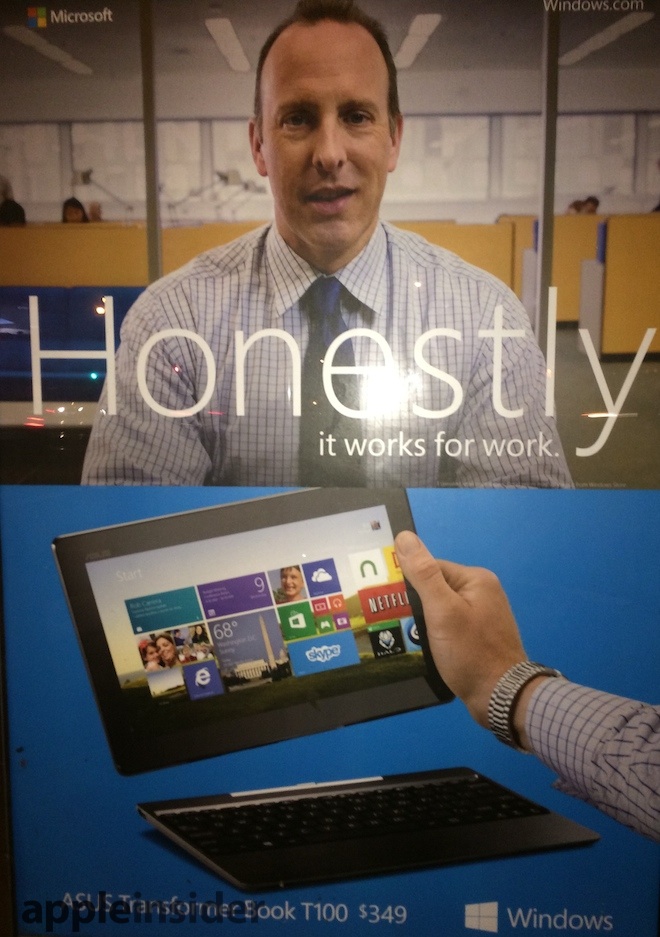




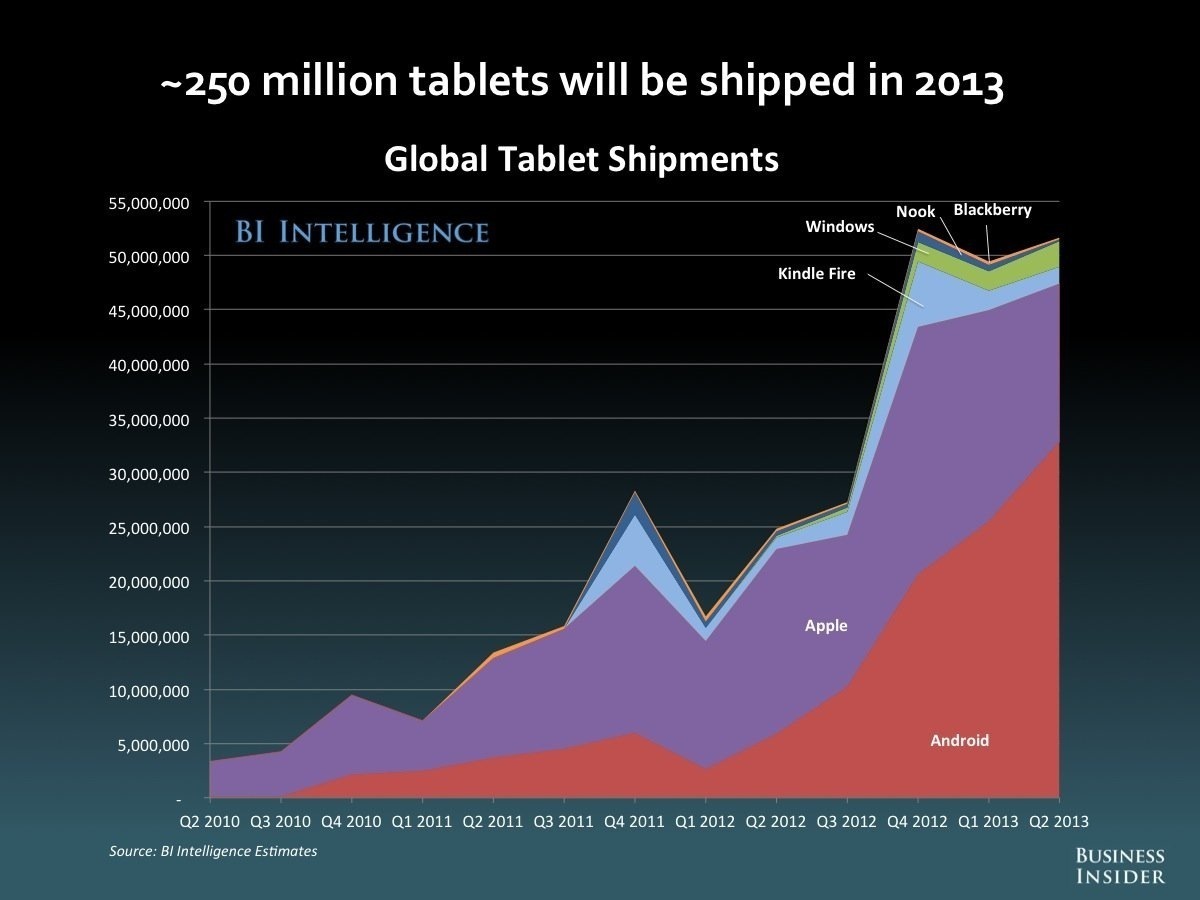
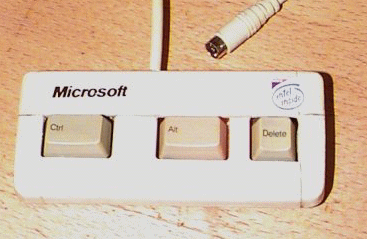 Microsoft should Control-Alt-Delete their attempts at a unified operating system, but I don’t think there’s any chance that that will happen. Based on the statements coming out of Redmond, Microsoft is doubling-down on their current strategy which, in my opinion, is a tragic mistake. Besides, asking Microsoft to fix what’s wrong with Windows 8 is like making them the detective in a crime movie where they’re also the murderer.
Microsoft should Control-Alt-Delete their attempts at a unified operating system, but I don’t think there’s any chance that that will happen. Based on the statements coming out of Redmond, Microsoft is doubling-down on their current strategy which, in my opinion, is a tragic mistake. Besides, asking Microsoft to fix what’s wrong with Windows 8 is like making them the detective in a crime movie where they’re also the murderer.
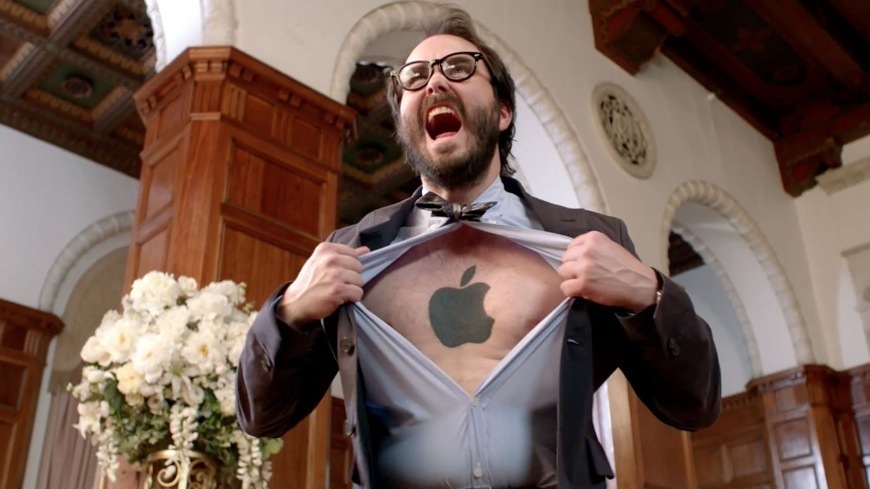
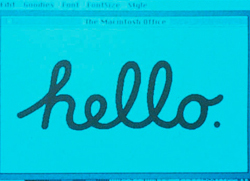
 I want my various “computers” — defined here as at least my smartphone, tablet, desktop, laptop, wearable watch, television and even car dashboard — to essentially operate as similarly as possible, preferably with a
I want my various “computers” — defined here as at least my smartphone, tablet, desktop, laptop, wearable watch, television and even car dashboard — to essentially operate as similarly as possible, preferably with a 

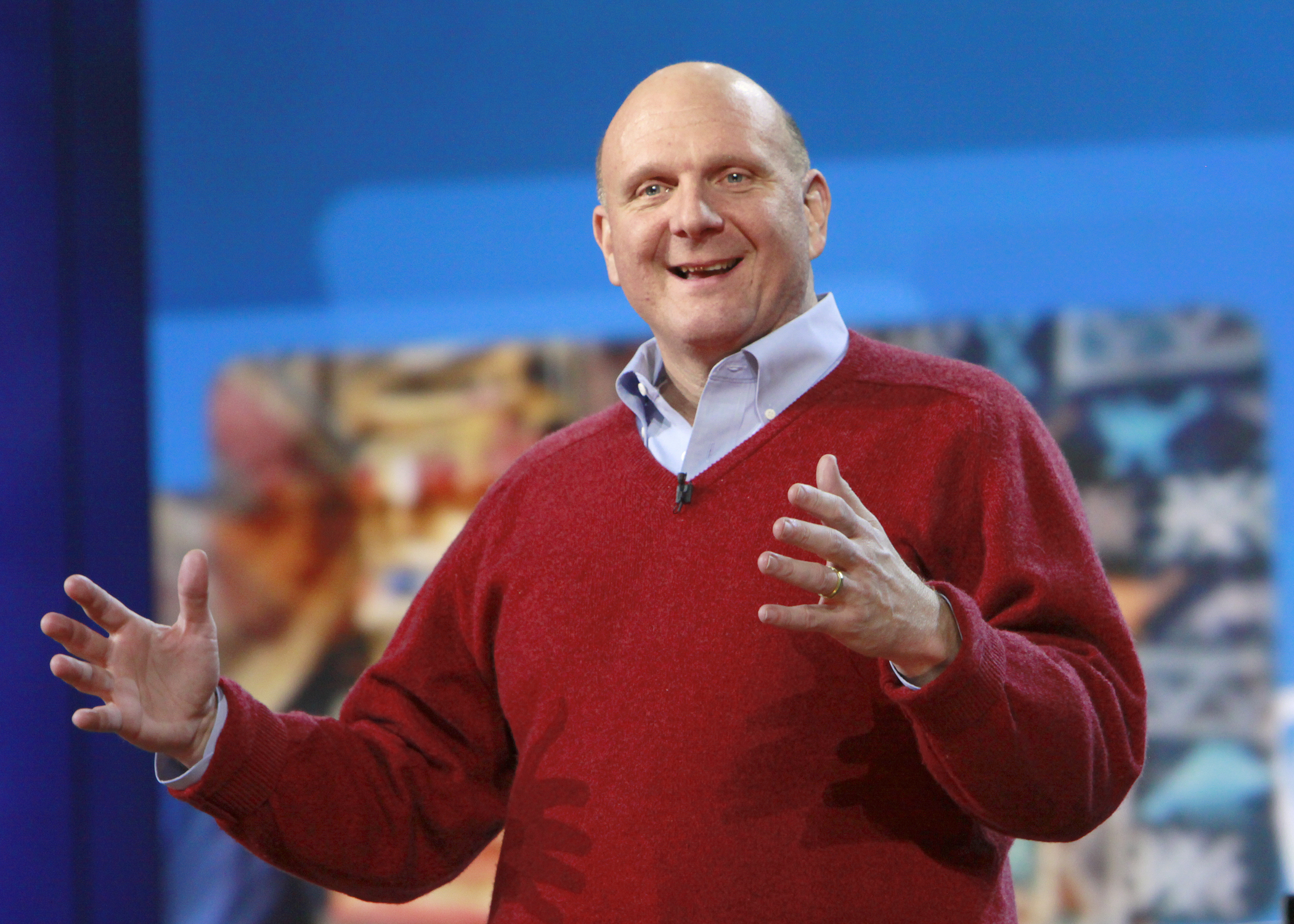

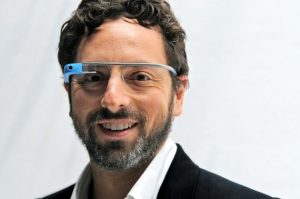
 I now primarily use the Nokia Lumia 1520. It’s huge. I love it. Surfing the web, reading a book, racing cars (gaming), watching movies, scanning my photos; all are so much more delightful on the gorgeous and very big Lumia 1520 display than on the iPhone.
I now primarily use the Nokia Lumia 1520. It’s huge. I love it. Surfing the web, reading a book, racing cars (gaming), watching movies, scanning my photos; all are so much more delightful on the gorgeous and very big Lumia 1520 display than on the iPhone.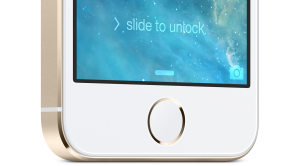 iOS 7
iOS 7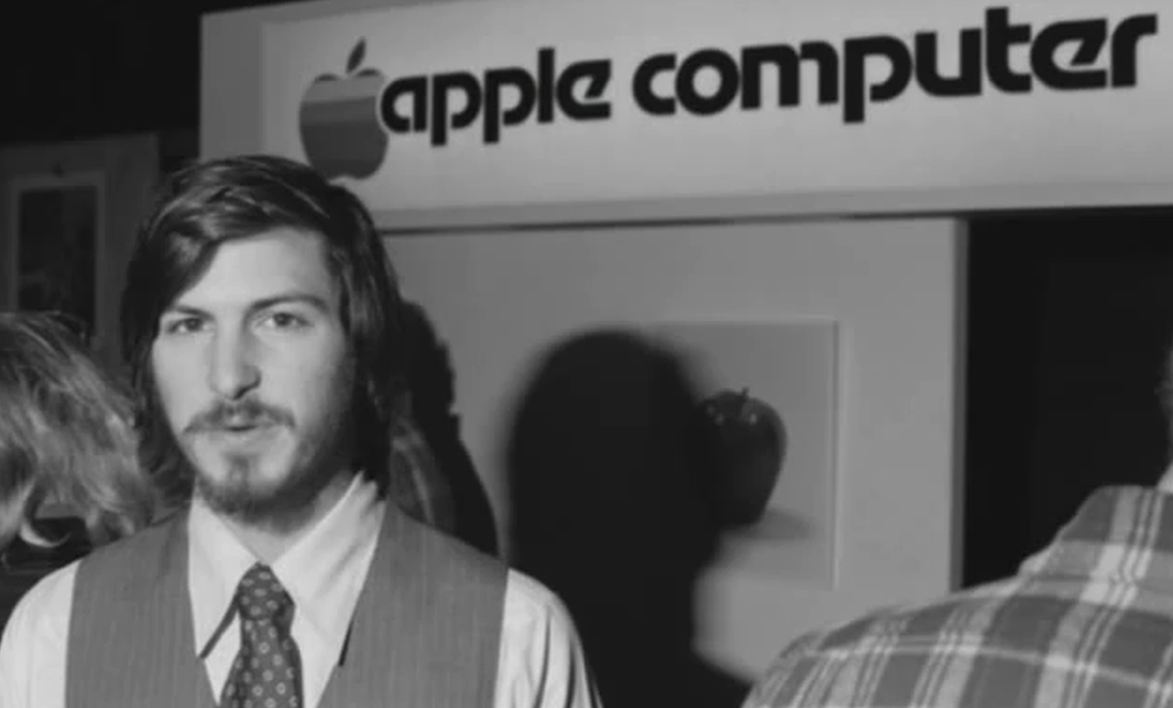
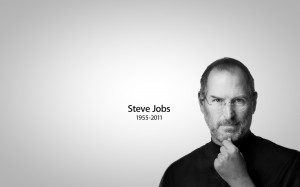 In so many ways, ways we now take for granted, ways that Google and Microsoft are rapidly trying to copy, it was Jobs who showed us the way — even as we all were convinced of his wrongness. Jobs proved us wrong not just on technical matters, but on profound aspects of both technology and business.
In so many ways, ways we now take for granted, ways that Google and Microsoft are rapidly trying to copy, it was Jobs who showed us the way — even as we all were convinced of his wrongness. Jobs proved us wrong not just on technical matters, but on profound aspects of both technology and business.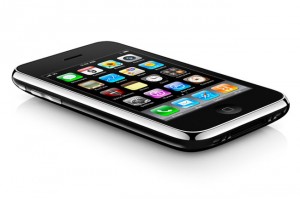



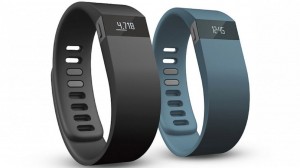
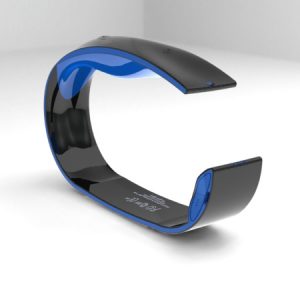



 Now what can this picture teach us?
Now what can this picture teach us?
 If you want to know why Apple keeps winning in consumer markets and Microsoft keeps losing, you can find much of the answer in the ads the two companies use to present themselves to the world. This week, Apple channeled Frank Capra and Vincente Minelli into an iPhone ad in the form of a perfect 90-second nano-feature film. Microsoft, meanwhile, spends its ad dollars to trash the competition and come across as combining the worst features of Mr. Potter and the Grinch. I have worked with both companies for many years and can assure you that while they are very different from each other, both are fiercely competitive, touchy, and as huggable as hedgehogs. But there can be big difference between what you are and the persona you choose to present to the world.
If you want to know why Apple keeps winning in consumer markets and Microsoft keeps losing, you can find much of the answer in the ads the two companies use to present themselves to the world. This week, Apple channeled Frank Capra and Vincente Minelli into an iPhone ad in the form of a perfect 90-second nano-feature film. Microsoft, meanwhile, spends its ad dollars to trash the competition and come across as combining the worst features of Mr. Potter and the Grinch. I have worked with both companies for many years and can assure you that while they are very different from each other, both are fiercely competitive, touchy, and as huggable as hedgehogs. But there can be big difference between what you are and the persona you choose to present to the world.